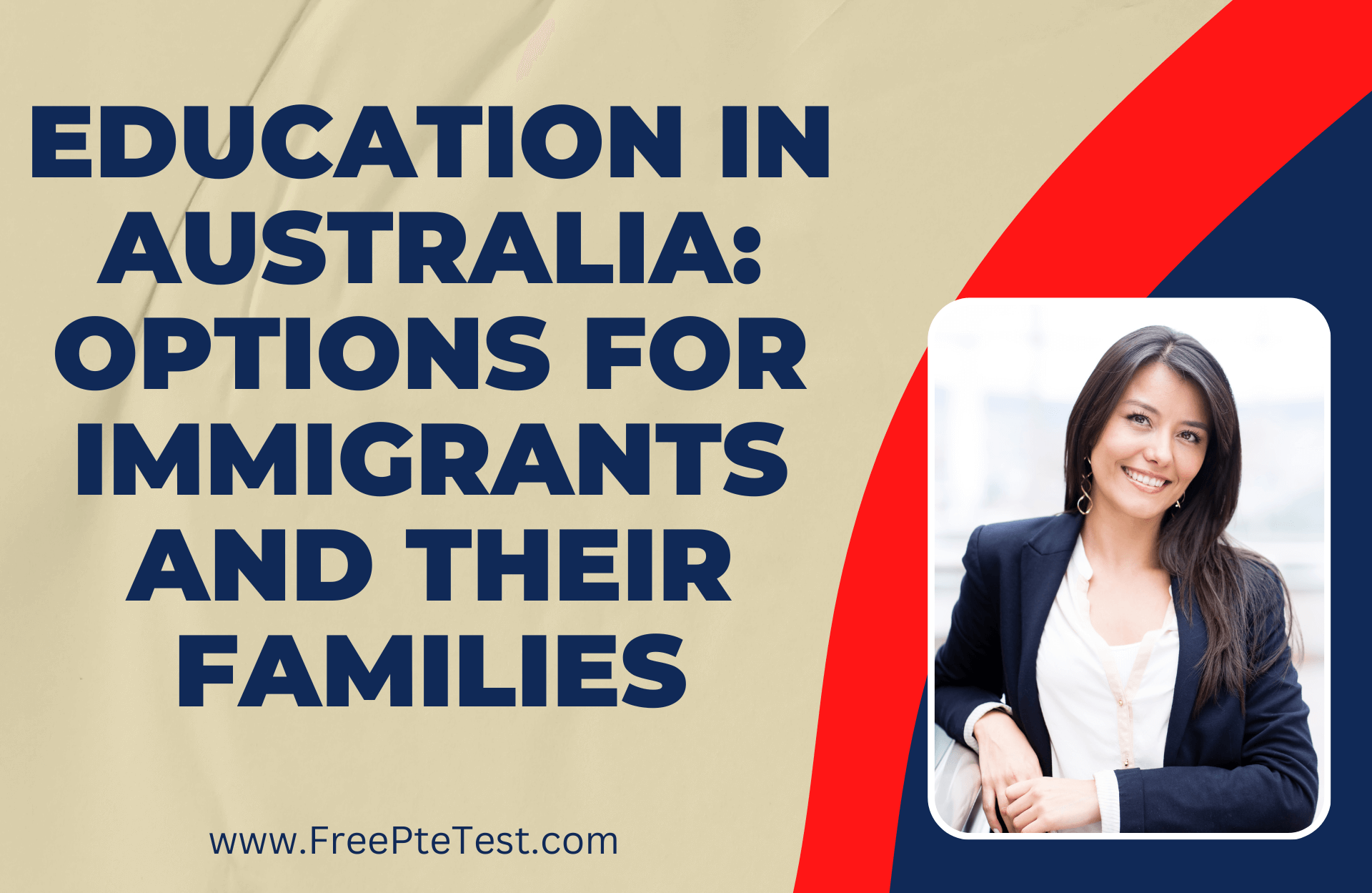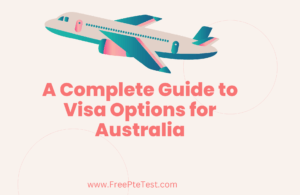Education in Australia: Options for Immigrants and Their Families: Since more and more people are deciding to relocate to Australia, it’s critical to understand how the educational system functions and the options available to immigrants and their families. There are numerous methods for immigrants to provide their children with a quality education in Australia, which is known for having a top-notch educational system. We’ll discuss the various methods foreigners might pursue education in Australia in this article.
Here are some points about Education in Australia
Elementary Education
Australia requires all children between the ages of 6 and 16 to attend elementary and higher education. There are private schools in Australia, however the majority of children attend public schools. Academic achievement is highly valued in the Australian educational system, and schools are frequently inspected to ensure they are providing high-quality instruction.
The majority of the time, those who are residents of Australia or who permanently reside there can attend public schools for no cost or for a modest price. On the other hand, because you are an immigrant, you could need to make additional payments depending on the type of visa you have. Contrarily, private schools have tuition fees that can be high but typically have better resources and smaller class sizes.
Your child will learn about Australian culture and language if they attend a public school. Your youngster could learn English quickly and integrate into the neighbourhood by doing this. However, you might need to consider a private school or a school that only offers instruction in that language if you want your child to learn in their mother tongue.
Language-specific schools
Australia is a cosmopolitan nation, and there are numerous schools there that offer instruction in the local tongue to immigrants and their families. These schools provide instruction in a particular language, such as Mandarin, Arabic, or Italian, in addition to teaching students the Australian curriculum. This could be an excellent option for children who learn better in their mother tongue.
At these one-language-only schools, kids can also learn about their culture and heritage. Families that wish to ensure that their children don’t lose contact with their culture may find this to be especially crucial.
Higher education or More advanced education
There are several options available to foreigners who want to pursue a college degree in Australia, which offers some of the greatest universities in the world. Higher education in colleges and other tertiary institutions, as well as job training and education, are all parts of tertiary education.
There are scholarships and other ways to pay for college that may make it more expensive for immigrants. It’s crucial to research many colleges and universities to pick the one that best suits your academic objectives and financial situation.
Online education options have grown in Australia in recent years, which is particularly beneficial for immigrants who might not have access to traditional on-campus schooling. An accessible and affordable way to earn a post-secondary degree is through online learning.
Early childhood education and child care
For families with small children, there are numerous options for early childhood education and child care. The early childhood education system in Australia is effective and heavily emphasizes play-based learning.
Long day care, family day care, and occasional care are just a few of the several ways that early childhood education and care are provided. The Australian government provides aid to help with the expense of child care. This can be especially beneficial for immigrant families that might be struggling financially.
If foreigners want to ensure that their children receive a top-notch education, they should consider relocating to Australia. From elementary and secondary school to college and graduate school, there are numerous options for foreign nationals to obtain a quality education. It’s crucial to research your options and select the one that best satisfies both your family’s educational objectives and financial constraints. Refugees can ensure their children receive the greatest education and succeed in their new country if they are aware of how Australia’s educational system operates.
Summary:
- Australia has world-class education for immigrants and their families.
- Most six-to-16-year-olds attend government-run schools for primary and secondary education.
- Language-specific schools teach in a certain language and follow the Australian curriculum, while private schools have fewer classes and greater resources but are more expensive.
- Immigrants can receive scholarships and financial aid for vocational training, higher education, and other tertiary education.
- Australia provides high-quality early childhood education and care with government funding.



